TROIA: Robokind Foundation brings robotics and artificial intelligence to companies in the Hannover Region
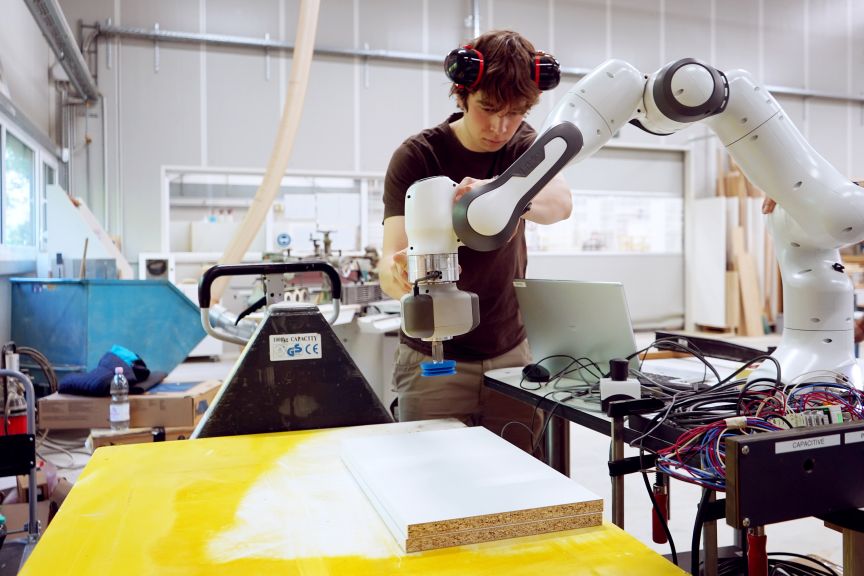 © Robokind Foundation
© Robokind Foundation 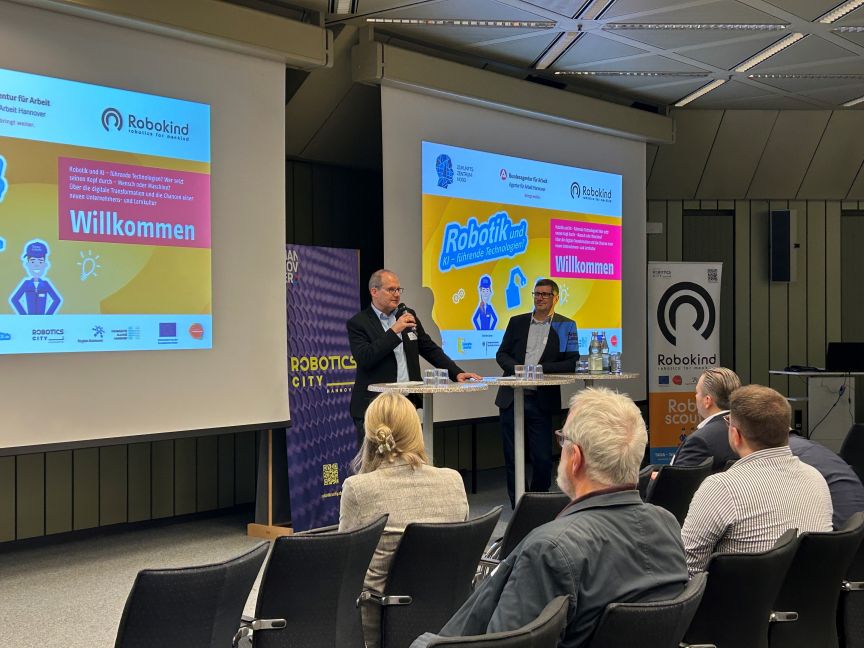
The Robokind Foundation has taken an important step towards the future of the world of work with its pilot project TROIA - Tactile Robotics in the Work Environment. The results of the project, which is making a significant contribution to the digitalization and competitiveness of companies in the Hanover region, were presented at the successful closing event at the end of November. The figures speak for themselves: all the targets set were not only achieved, but in some cases even exceeded. The project will officially run until February 2025 and is already showing impressive results.
Key challenge: future viability through robotics and AI
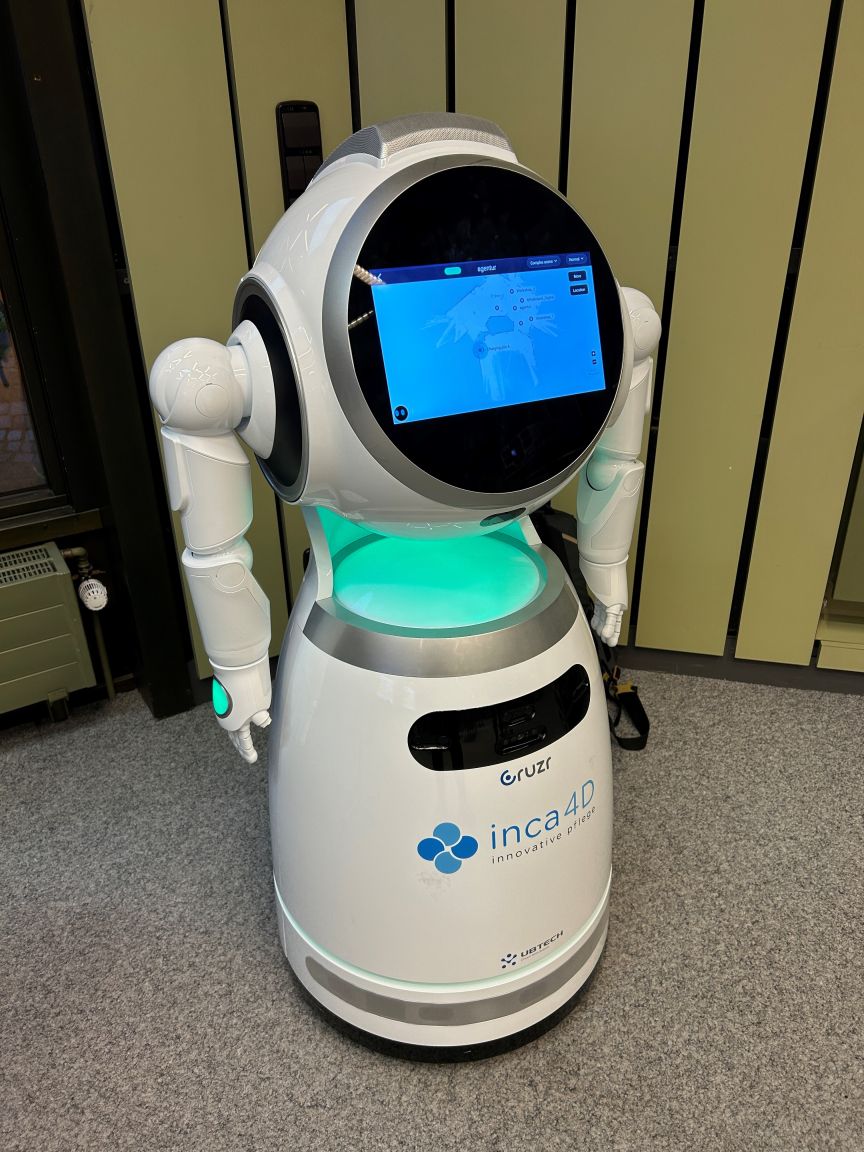
In an increasingly digital world of work, robotics and artificial intelligence (AI) are key technologies that no company can ignore if it wants to remain competitive. The challenge here is that a large proportion of skilled workers need to develop their careers and gain the appropriate qualifications to keep pace with technological developments. This is where the Robokind Foundation comes in, which has been dedicated to training specialists in the fields of robotics and AI since it was founded in 2018. Through its diverse range of courses, the foundation has already trained numerous specialists in these key technologies.
The aim of the TROIA model project is to integrate robotics and AI directly into companies in both the Hannover Region and the state of Lower Saxony and to anchor them across generations through a bottom-up qualification program. The aim is to ensure that small and medium-sized companies in the region in particular do not lose touch with the digital future.
Successful implementation of the TROIA project
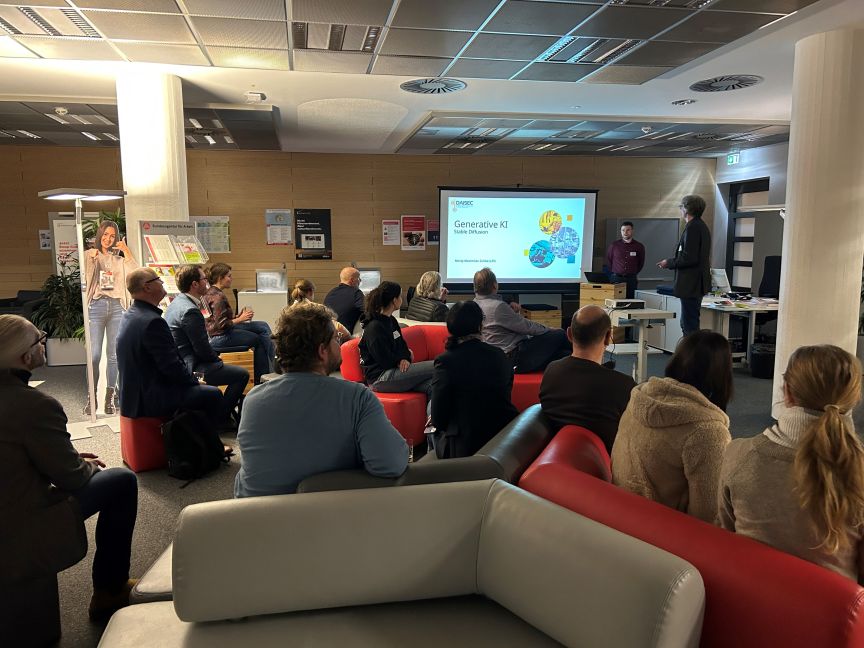
The TROIA project will run for over two and a half years from July 2022 to February 2025, but the successes are already clearly visible. As part of the project, the "Robonatives Program" was developed, a structured qualification format for trainees and skilled workers that is implemented in companies directly on site. More than 20 automation solutions were tested and implemented in 14 trial companies from different sectors - even more than the originally planned 10. A large proportion of these solutions are now available as open source so that other companies can also benefit from them. These best-practice examples not only help the participating companies, but can also serve as inspiration for many other companies wishing to integrate robotics into their processes.
Another highlight of the project was the qualification of trainees as so-called RoboScouts, who play a central role in the companies. A total of 31 RoboScouts were trained as experts in the integration of robotics and AI as part of the program and received an important award not only in their companies, but also at the closing event.
The key successes at a glance:
- Over 20 automation solutions implemented in 14 test plants
- At least 2 companies implement robotics applications sustainably
- 31 RoboScouts (and 23 specialists as mentors for the RoboScouts) trained and awarded with the help of a corresponding qualification program
- Publicly available training formats for specialists and the entire workforce, consisting of 9 learning units, including podcasts and short online training courses
- Publicly accessible videos and detailed instructions on all implemented automations from the companies ( www.roboscouts.de )
The Hannover Region Employment Promotion Agency is co-financing the TROIA project as part of Robotics City Hannover. Further funding comes from the European Social Fund and the state of Lower Saxony as part of the ESF guideline for supporting regional skilled labor alliances.
Outlook for the follow-up project KIRIA
The TROIA project lays the foundation for the follow-up project KIRIA - Artificial Intelligence and Robotics in the Work Environment, which will start in 2025. The focus of KIRIA is on the integration of artificial intelligence (AI) in small and medium-sized enterprises (SMEs), particularly in the area of machine vision. The aim of the project is to provide companies and their employees with the knowledge they need to successfully implement AI in their own operations.
As with TROIA, KIRIA will also include a tandem program for trainees and skilled workers. By training at least 16 AI ambassadors, pilot projects on the use of AI will be implemented in the participating companies and skills will be taught in a targeted manner. Another goal of the project is to anchor the developed learning modules in the curricula of vocational schools and thus make a sustainable contribution to the qualification of future skilled workers.
Conclusion: A successful future for the Hannover Region
The TROIA model project shows how the targeted integration of robotics and artificial intelligence in companies can not only increase competitiveness, but also create a new generation of skilled workers who are prepared for the technological challenges of the future. The Robokind Foundation has made an important contribution to the region's digital transformation by successfully achieving its goals and sustainably implementing robotics in companies in the Hannover Region.
The follow-up project KIRIA promises to build on this success and establish the region as a pioneer in the field of AI-supported automation. The Robokind Foundation thus remains a driving force for the digital future of the world of work and offers companies in the region the opportunity to prepare for the challenges ahead at an early stage.
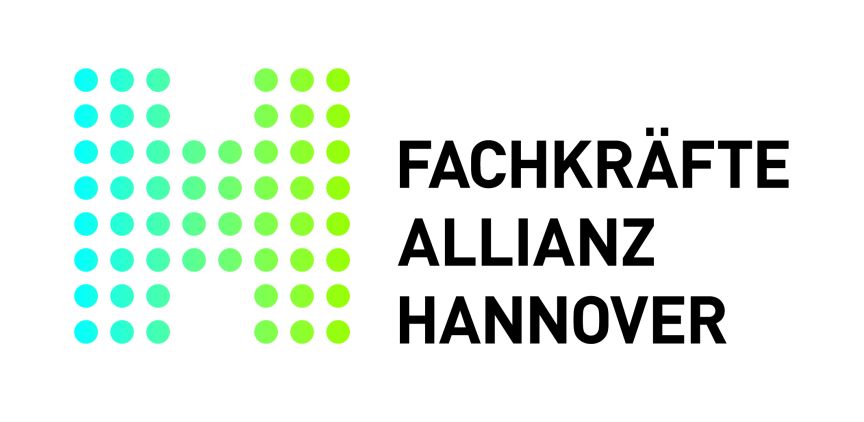
TROIA is a project of the Skilled Workers Alliance and is funded via the corresponding state guideline.
Contact us
Hanna Sander-Böving
Hanover Region
Employment Promotion
Department of Economic and Employment Promotion

